Programming is a skill that thrives on consistency. While diving deep into complex projects or learning advanced frameworks is essential for growth, sometimes all you need is a short daily exercise to keep your coding muscles sharp. Dedicating just 10 minutes a day to focused coding exercises can significantly improve your problem-solving skills, enhance your understanding of core concepts, and prepare you for real-world challenges.
In this blog, we’ll explore why short, focused coding exercises are effective, outline key benefits, and present a curated list of 10-minute exercises to include in your daily routine. Whether you’re a beginner or a seasoned developer, these exercises will help you stay sharp and continuously improve.
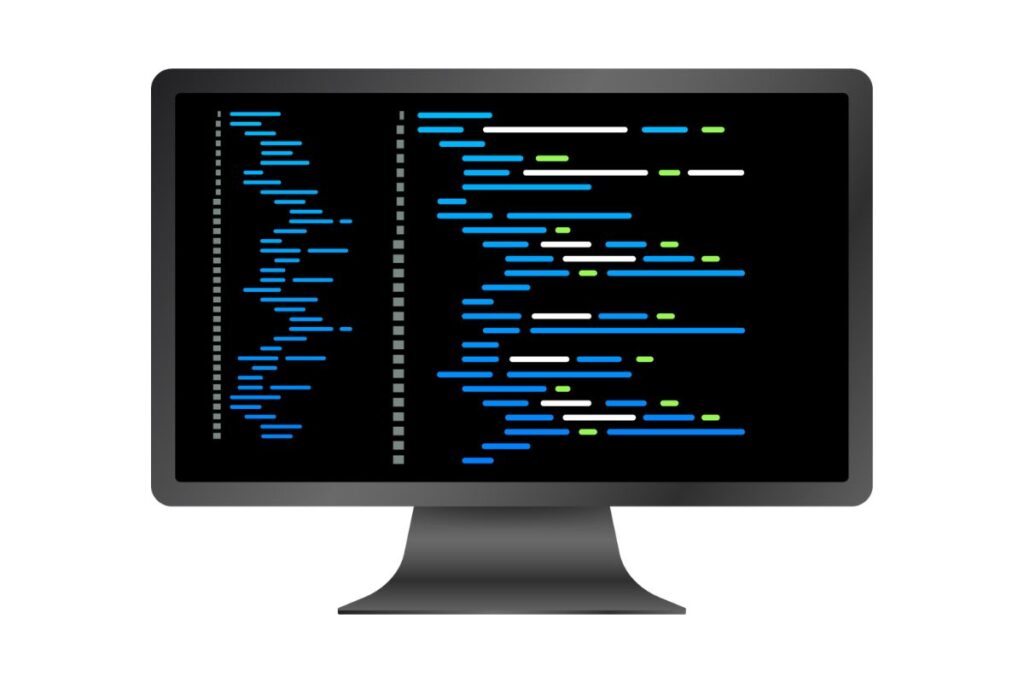
Why 10-Minute Coding Exercises Work
1. Consistency Beats Intensity
Spending a small amount of time coding every day is more sustainable than cramming for hours once a week. This consistent practice helps build muscle memory and reinforces concepts over time.
2. Low Time Commitment
Short exercises fit easily into your schedule, even on busy days. They’re perfect for developers juggling work, study, and personal life.
3. Focus on Specific Skills
These exercises often target specific programming concepts, such as loops, arrays, or string manipulation, allowing you to refine your understanding without distractions.
4. Immediate Feedback
Most platforms offering coding exercises provide instant feedback, helping you identify mistakes and learn from them on the spot.
Benefits of 10-Minute Coding Exercises
- Improved Problem-Solving Skills: Short challenges train your brain to approach problems logically and efficiently.
- Faster Debugging: Regular practice sharpens your ability to spot errors quickly.
- Preparation for Interviews: Many coding exercises mirror common technical interview questions.
- Building Confidence: Completing small challenges boosts confidence and motivation.
Daily Coding Exercises for Every Level
Here are some focused exercises that can be completed in 10 minutes or less, categorized by skill level:
1. Beginners: Mastering the Basics
1.1 Print FizzBuzz
Write a program that prints numbers from 1 to 100. For multiples of 3, print “Fizz”; for multiples of 5, print “Buzz”; for multiples of both, print “FizzBuzz.”
Key Concepts: Loops, conditionals, modulo operator.
Example Solution (Python):
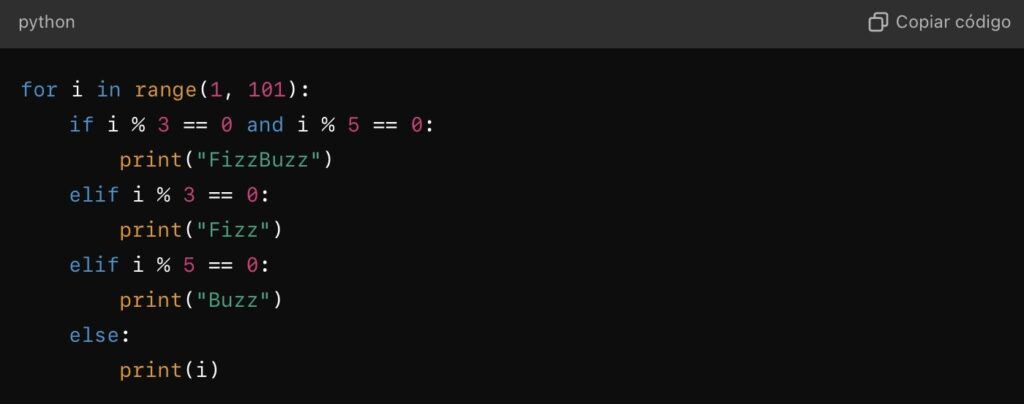
1.2 Reverse a String
Take a string input and reverse it.
Key Concepts: String manipulation, loops, slicing.
Example Solution (JavaScript):

1.3 Sum of Array
Write a program that takes an array of integers and returns the sum of all elements.
Key Concepts: Arrays, loops, accumulator variables.
Example Solution (Python):

2. Intermediate: Refining Problem-Solving Skills
2.1 Find the First Non-Repeating Character
Given a string, find the first character that doesn’t repeat.
Key Concepts: Hash maps, string traversal.
Example Solution (Python):
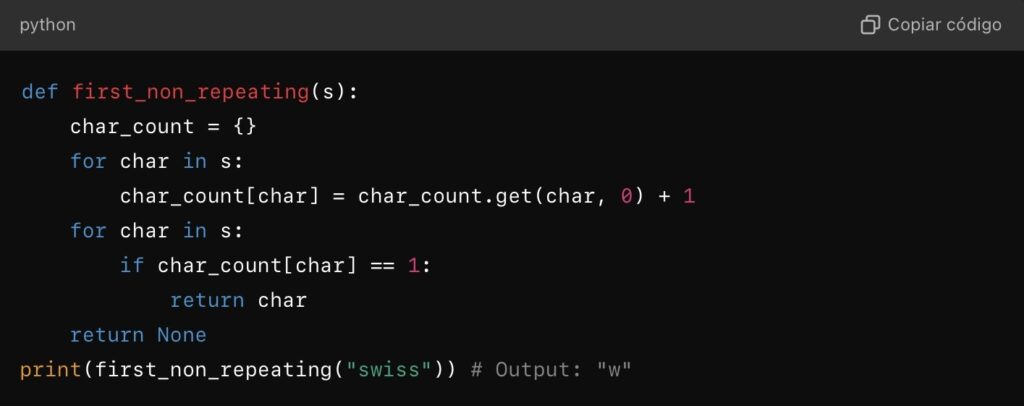
2.2 Check for Palindrome
Write a function that checks if a given string is a palindrome (reads the same backward as forward).
Key Concepts: String manipulation, two-pointer technique.
Example Solution (JavaScript):

2.3 Count Vowels
Count the number of vowels (a, e, i, o, u) in a given string.
Key Concepts: String traversal, conditionals.
Example Solution (Python):

3. Advanced: Preparing for Complex Challenges
3.1 Two Sum Problem
Given an array of integers and a target sum, find two numbers that add up to the target.
Key Concepts: Hash maps, nested loops (for brute force).
Example Solution (Python):
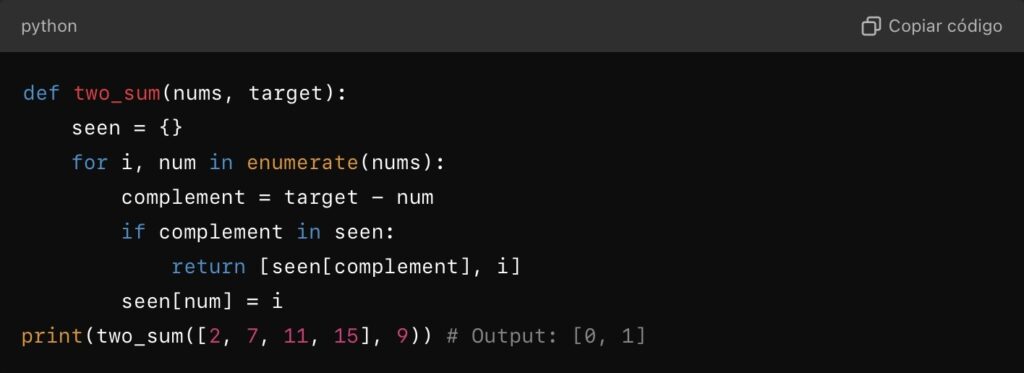
3.2 Fibonacci Sequence
Generate the first n numbers of the Fibonacci sequence.
Key Concepts: Recursion, dynamic programming.
Example Solution (Python):

3.3 Validate Parentheses
Check if a string of parentheses is valid (properly closed and nested).
Key Concepts: Stacks, string traversal.
Example Solution (JavaScript):
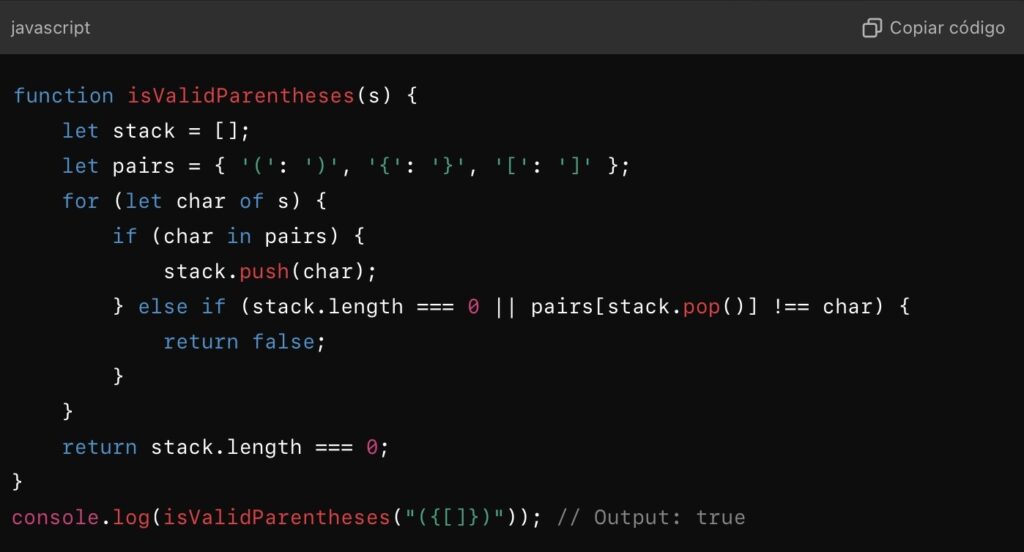
How to Make 10-Minute Coding a Daily Habit
- Choose a Platform: Platforms like LeetCode, HackerRank, and Codewars offer daily challenges.
- Set a Schedule: Dedicate a consistent time slot every day—morning, lunch break, or evening.
- Track Your Progress: Use a notebook or app to log completed challenges and concepts learned.
- Reflect and Review: Revisit past solutions to identify areas for improvement or optimization.
Conclusion
Sharpening your coding skills doesn’t require hours of study. With just 10 minutes a day, you can strengthen your programming fundamentals, improve your problem-solving abilities, and stay prepared for technical challenges. Whether you’re a beginner learning the basics or an experienced developer refining advanced concepts, these bite-sized exercises will keep your skills sharp and your confidence high.
So grab your favorite code editor, pick an exercise, and start coding your way to success—10 minutes at a time!




